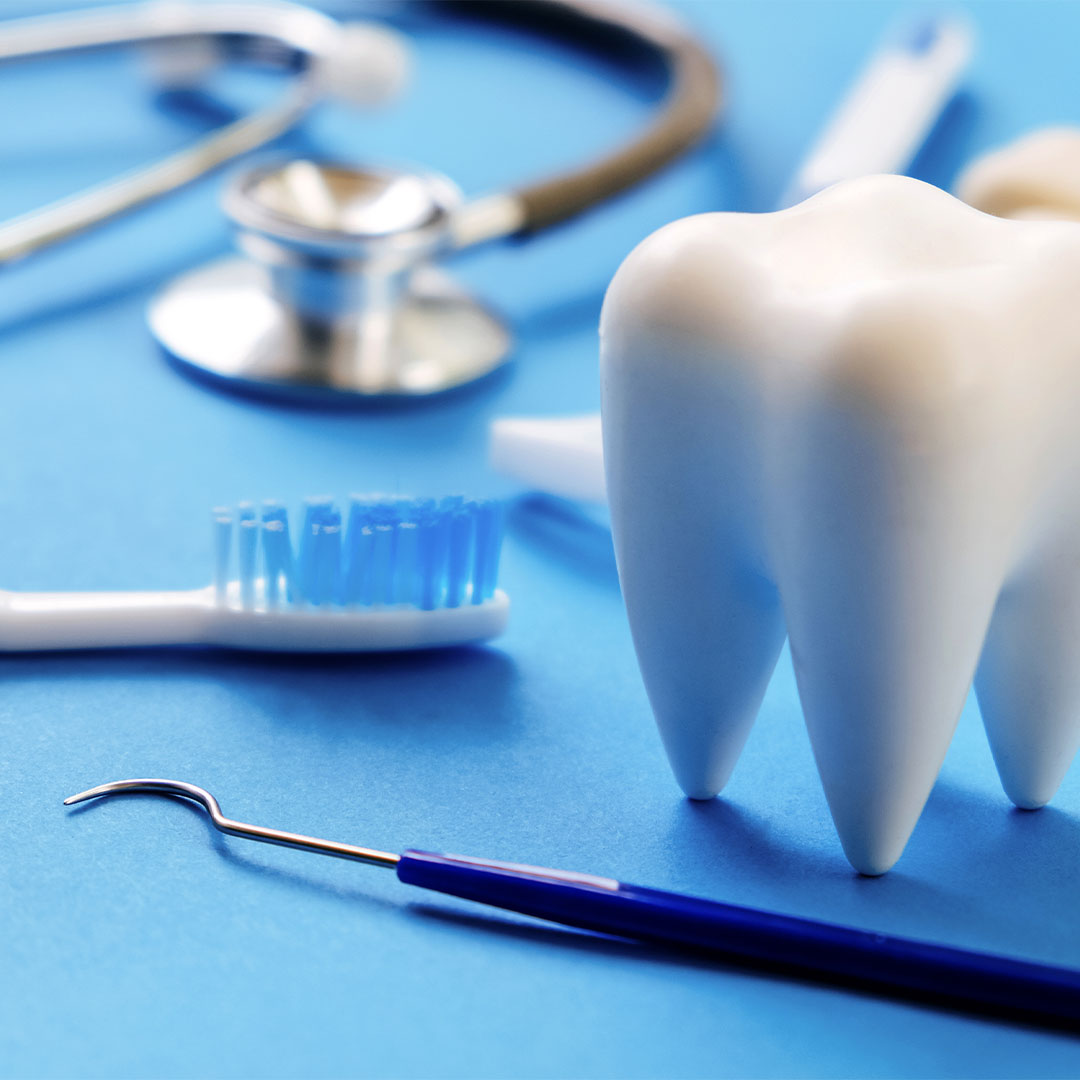Eggs—the easy-to-make, tasty, universal food sometimes gets a bit of heat. And not the good kind of heat for making scrambles and omelets. Some people are cutting eggs completely out of their diet. And for what? The understanding around eggs has gone back and forth so many times in the past several decades that some understandably don’t know what to believe anymore. It has gone from “eggs are too high in cholesterol, you increase your risk of heart disease” to “eggs are great for you, full of protein and other vitamins and minerals!” In recent years, a better understanding of blood cholesterol and dietary cholesterol has everyone re-thinking the myth that eggs are bad for you. We get into the yolk of it below.
AREN’T THEY HIGH IN CHOLESTEROL?
There is some merit to this—eggs are high in cholesterol, and studies show that there is a link between high blood cholesterol and heart disease. But our bodies require cholesterol to operate and function daily, as it is found in every single cell membrane within your body. Our bodies produce it via the liver. The US Dietary Guidelines used to recommend no more than 300 mg of cholesterol per day, and 2 large whole eggs contain approximately 422 mg of cholesterol. However, when the US Dietary Guidelines were released 2 years ago, they did not specify a maximum daily limit for dietary cholesterol. It’s true that when we consume cholesterol, it does raise blood cholesterol levels, but the extent to which it raises those levels isn’t quite as high as everyone once believed. Also, when you get cholesterol through eating foods, your liver will produce less cholesterol. And vice versa—if you have a diet low in cholesterol, the liver will produce more to provide the amount your body requires to function healthily.
AT THE END OF THE DAY…
There are tons of people who still believe eggs are as bad as studies said they were in the ’60s. Don’t believe the non-hype though. Eggs are extremely beneficial for most diets. (We say most diets because you can’t expect every body type to react to different foods the same way.) They are loaded with tons of important macro and micronutrients—protein, unsaturated fats, vitamins A and B, iron and calcium. Plus, they’re so versatile and easy to make that you can include them with any meal throughout the day. Make them scrambled, fried, boiled, baked and poached, as part of a whole meal or as a smaller snack throughout the day. They go great with a classic breakfast dish, in a salad for lunch or a stir-fry for dinner.
Now, we’re not saying that it’s okay for you to eat 6 whole eggs every day. Eggs do contain cholesterol and too much cholesterol can have bad effects on your health. But, when we consume them in respectable and moderate portions, eggs are an excellent and inexpensive healthy food to add to your diet.
Hungry for more nutrition advice? Check out 5 High-Protein Foods That Won’t Break the Bank.
The post Should You Cut Eggs from Your Diet? appeared first on FitMinutes.









